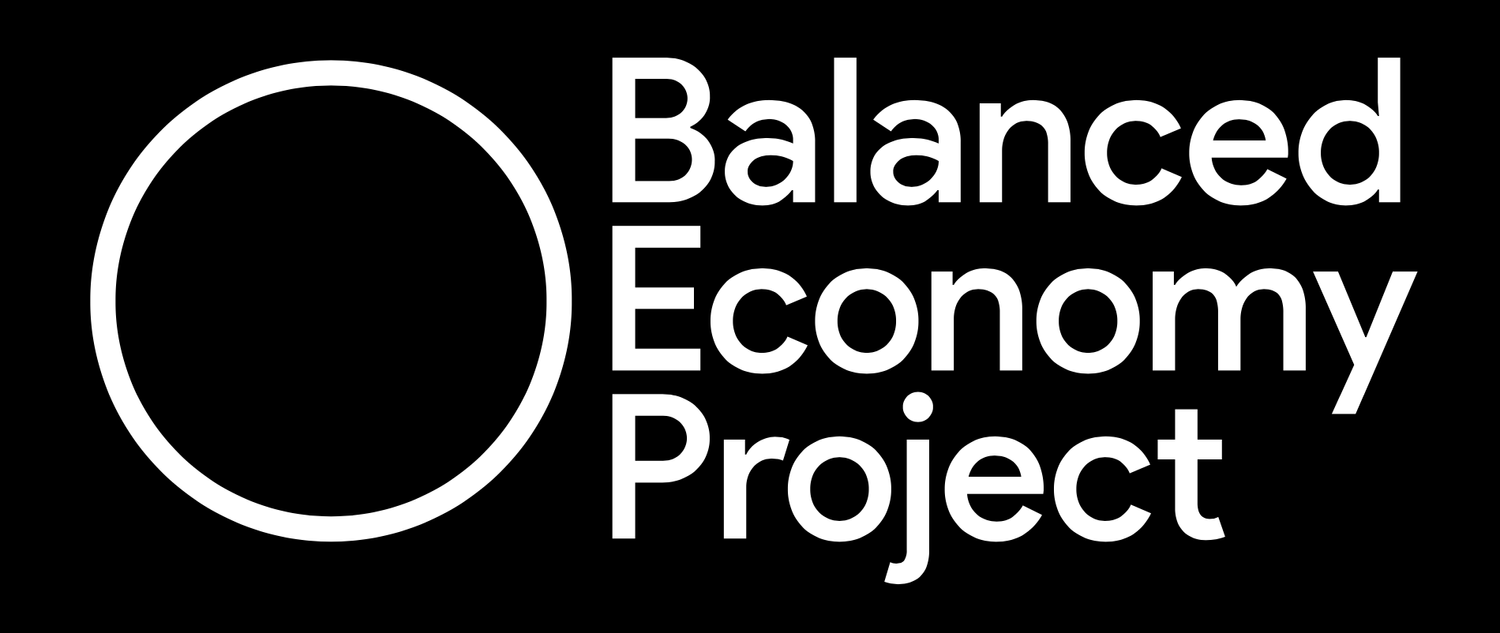The European Commission must wake up to exploitative abuses: new joint submission
One of the most important tools in the European competition policy toolkit is known as Article 102, which is supposed to prohibit abusive conduct by companies with a dominant market position. There is plenty of abuse about, and the Commission recently issued a Call for Evidence on the guidelines surrounding it, which closes today.
In response, we’ve been helping organise a joint submission by civil society organisations. Not least, the Call for Evidence itself is far too narrowly framed, and entrenches bad ideas.
Our submission covers exploitative abuses, the consumer welfare standard, the role of economists wielding fancy formulae, the EC’s over-emphasis on “effects-based” analysis (like shutting the stable door after the horse has bolted,) watching excessive profitability as a potential marker for abuses; and starting to think about addressing dominance, rather than merely “abuse of dominance” (again, shutting the stable door in time.)
Here are a few highlights.
Exploitation is abuse too
Generally, competition authorities are supposed to focus on two types of abuse: “exploitative” abuses, which are as you’d expect: where exploitation of some kind happens; and “exclusionary” abuses, which are more about seeing whether competition is working properly (on the sometimes questionable assumption that sorting out competition will cure whatever ailment is in play.)
Unfortunately, “exploitative abuses” have been all but ignored – and this Call for Evidence reinforces this giant gap by focusing only on exclusionary abuses. (Indeed, the very name of the consultation is about “guidelines on exclusionary abuses by dominant undertakings.”) As we have often remarked, competition can cure some ills, such as when a monopolist excludes or locks out useful players from a market – but in some instances competition can be harmful, such as when companies gain competitive advantages by being more willing than their competitors to pollute.
So focusing on exclusionary abuses alone is already a problem. Last year, competition expert Simon Holmes explained this gap in the context of climate change, where polluting activities ought to be considered as exploitative abuses:
“Any normal person would naturally think of exploitative abuses. A monopolist can exploit consumers, can exploit resources, in ways that most people would think of as abusive. And in fact in the law itself, Article 102, three quarters of the examples given are exploitative! There is a strong connection between people’s normal sense of justice, and what is actually in the law.
This is important in the area of sustainability, as many unsustainable activities are exploitative.”
Holmes (who recently co-presented with Isa Stasi of ARTICLE 19 at a training seminar of ours) gave some context how this blind spot came about:
“The Commission’s guidelines on its enforcement priorities which is the bible that people use for abuse of dominance, only covers exclusionary abuses.
Why? Well, for the sort of reasons I’ve given, but also, there wasn’t sufficient agreement on what to write about exploitative abuses. The then Director-General at the Commission took the decision to put something out on exclusionary abuses, and I think the intention was to put something out on exploitative abuses later. But that was back in 2009: 13 years later it still hasn’t happened.”
We are still waiting.
Economic wizardry and consumer welfare
Our submission covers other matters, including pushing back against the so-called “As Efficient Competitor” (AEC) test, which among other things shoe-horns exclusionary abuses into a narrow economic framework that is then easy for the economic wizards at the consultancies and law firms to game, and to create smoke around an issue to stop regulators doing anything about the abuses. As our submission notes:
“heavy reliance on economic analysis has often had the effect of favouring large corporations, given their ability to ‘spam’ regulators with favourable economic evidence that they themselves commission.”
The Commission is thankfully starting to move away from this framing, but it needs to move further, and especially broaden its horizons beyond the narrow ‘effects-based’ approach.
Consumer welfare is just one kind of welfare
Our joint submission also takes aim at the narrow ‘consumer welfare’ ideology that we have often written about. In pushing for a broadening of minds:
“we urge the Commission to pay particular attention to: small businesses and workers, which are vulnerable to exploitation by dominant firms; innovation, which dominant firms can stifle through their exclusionary or exploitative practices; supply chain resilience, which is threatened by excessive concentration of key inputs (such as advanced semiconductors) by a few firms; freedom of expression and privacy, which can be undermined when a few dominant firms impose exploitative terms and conditions that do not adequately guarantee individual rights.” (our emphasis added)
And, of course, we once again urge the Commission to block more mergers worry more about the structure of markets, and get more serious about breaking up dominant firms.
As a reminder, our full submission is here.
The submission was mainly drafted by Max von Thun, a former Competition Fellow for the Balanced Economy Project, who is now setting up an office for the Open Markets Institute in Europe.

